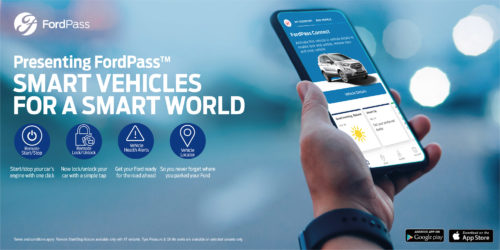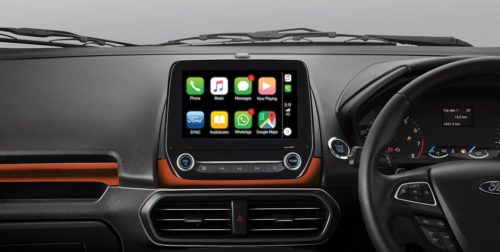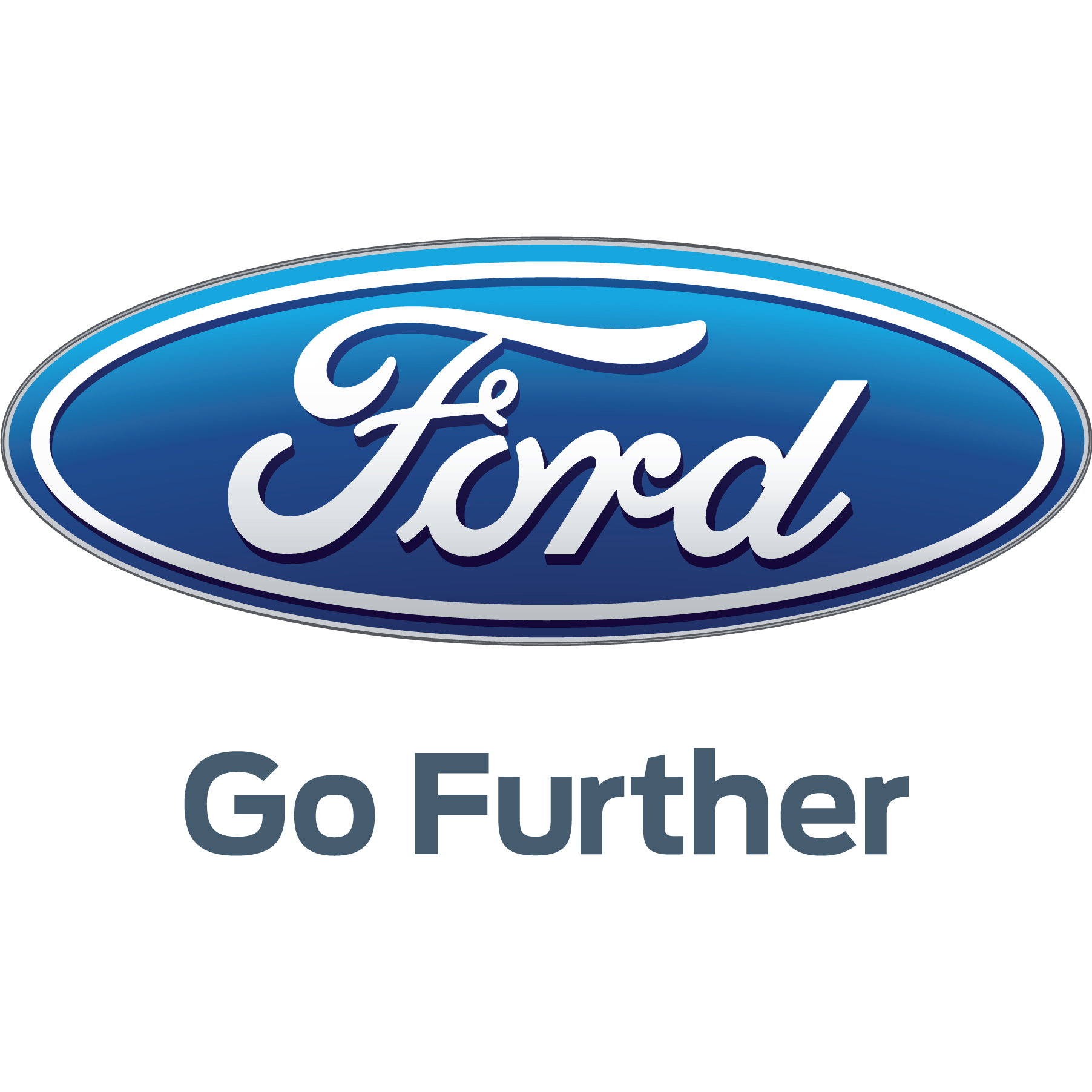Why Your Next Car Should Be A Connected Car?
The word ‘connected’ has become part of automotive jargon in recent years, with models boasting more and more connectivity features. With the Internet becoming ubiquitous, everything – including cars – is becoming connected now.
But what exactly is a connected car, and what are its implications for the driver? Let’s find out.
What Is Connected Car Tech?
A connected car comes equipped with the Internet of Things (IoT). This means it can communicate with other IoT-enabled devices that use the Internet, including (but not limited to) smartphones, other vehicles, traffic infrastructure, dealer networks, and emergency services. A connected car usually accesses the Internet through its own wireless connection and can share this with other devices within the vehicle.
What Can A Connected Car Do?
A connected car can provide a range of convenience and safety features to its users (both driver and passengers).
Remote Access To The Vehicle

A connected car allows remote access to the vehicle. Users can remotely control several aspects of the car using a smartphone app. For example, the FordPass app, available for all Ford cars, allows users to remotely switch on or switch off the, lock or unlock the vehicle, locate or track it, get vehicle health alerts, check the oil, fuel level, and distance-to-empty figure, keep track of mileage and tyre pressure, receive over-the-air updates, and provide vehicle authorisation.
Real-Time Vehicle Tracking
A connected car can be tracked more efficiently, thanks to real-time updates and alerts. Staying with the example of FordPass, users can view their updated maintenance schedule, service history, and car parts availability and cost. It also allows them to schedule maintenance plans, access roadside assistance, and view vehicle documentation digitally.
Superior Infotainment Experience

Connected cars offer a superior infotainment experience. The Ford EcoSport and Ford Endeavour, for example, are equipped with the smart SYNC 3 connected infotainment system, which boasts a range of features, most of which are accessible using voice-activated technology. With the SYNC 3 system, you can use voice commands to make and receive phone calls, control music playback, listen and reply to text messages, and operate the climate control system. SYNC 3 also offers Apple CarPlay and Android Auto connectivity
Most other Ford cars are also equipped with an intuitive infotainment device that has built-in navigation system. All Ford cars offer FordPass connectivity at no added costs to the buyers.
Greater Control

A connected vehicle allows the driver to exert better control over their vehicle. Ford, for instance, offers the unique MyKey® service, wherein the primary user of the car can program additional keys that allow only restricted use of the vehicle. A service like this is especially useful to keep track of car usage. For instance, when a parent lets their child drive their Ford car using a MyKey®, they can limit speed and access to certain car features and collect data on the duration and distance driven.
Future Of Connected Cars
Connected car technology will play a big role in the future, as more and more vehicles become semi- or fully autonomous. The pivotal feature of this technology will be the ability of vehicles to communicate with the built environment around them, including other vehicles and traffic infrastructure.
As connected car technology is deployed in more and more vehicles and other elements of traffic infrastructure, vehicles will start communicating with each other and the world around them to plan the most efficient routes, avoid blockages and traffic jams, adjust speed in real-time, anticipate the movement of other vehicles and adjust their response accordingly, and provide millions of data points to transport authorities to reprogram signals, reroute traffic, and modulate road conditions with a granular level of control.
Last Words
Connected car technology will facilitate and expedite the deployment of self-driving cars, giving these autonomous vehicles more information than what can be gleaned from onboard sensors and cameras to make more judicious decisions. All of this will create road conditions that are far more predictable, safer, and more comfortable for passengers and drivers.
Car manufacturers like Ford are already deploying connected car technology in their vehicles in anticipation of such a future. With every update and advance in network and computing, we are moving one step closer to it.
Subscribe to our newsletter
Subscribe to our newsletter to stay upto date with latest news, offers and much more



